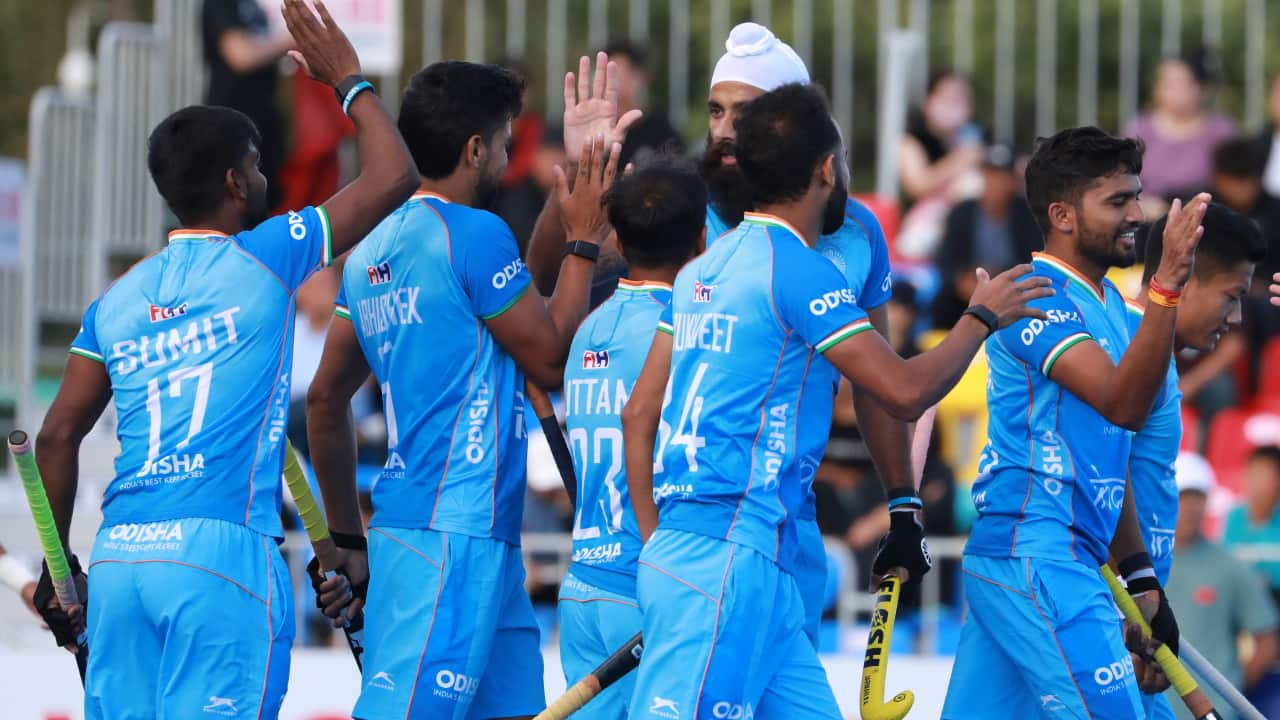The Commonwealth Games Federation (CGF) recently made a tough decision to exclude some major sports like cricket, hockey, shooting, and badminton from the 2026 Commonwealth Games (CWG), and this has raised eyebrows, especially in India. These are sports where India has historically excelled, and their removal is seen as a big blow to the country’s medal prospects. But what’s the real reason behind this decision, and was there a conspiracy against India? Here’s a deeper look.
The Root Cause: Money Over Politics
While many may suspect foul play, the actual story behind this decision is more about economics than politics. Hosting an event like the Commonwealth Games is an expensive affair, and the Australian state of Victoria, which had originally agreed to host the 2026 edition, realized that it couldn’t afford it. Initially, Victoria estimated the cost of hosting the Games to be around Rs 13-15 lakh crore, but this number quickly ballooned to a staggering Rs 35 lakh crore.
Faced with this huge financial burden, Victoria had no choice but to back out, forcing the CGF to look for alternative hosts.
Why Glasgow Took Over Hosting and What It Means for the Games
After Victoria’s withdrawal, the CGF scrambled to find a new host. The city of Glasgow in Scotland eventually stepped up, but on one condition: they would only host sports for which they already had the infrastructure in place. This meant that there would be no large-scale investments in new stadiums or facilities, a necessity for sports like cricket, hockey, and shooting, which require specific venues.
As a result, the CGF had to drop these popular sports from the roster. Interestingly, all the sports that were cut—cricket, shooting, badminton, and wrestling—are ones in which India performs strongly. Naturally, this decision has sparked frustration in India, where these sports hold significant cultural and sporting importance.
Why Is India Upset?
India has consistently been one of the top performers in the Commonwealth Games, with cricket, shooting, badminton, and wrestling being some of the country’s strongest fields. In the 2022 edition of the Games, India won a total of 61 medals, with nearly half coming from these now-excluded sports. Wrestling alone brought in 12 medals, while badminton, cricket, and table tennis added a combined 18 medals.
Removing these sports severely impacts India’s medal chances. Beyond the glory, winning medals at the Commonwealth Games also brings tangible benefits for athletes. Indian medalists receive government jobs, financial rewards, and recognition, which helps them build careers and financial security. Now, with fewer medal opportunities, many Indian athletes could miss out on these rewards.
Reactions from Indian Sports Icons
Indian sports legends have voiced their discontent over this decision. Renowned badminton coach Pullela Gopichand has called for India to consider boycotting the 2026 Commonwealth Games altogether. Similarly, Olympic shooter Gagan Narang has expressed his disappointment, emphasizing how this move hurts Indian athletes who have worked hard in these sports.
The frustration stems from the fact that India has historically done well in these competitions, and with them being removed, it feels like the country’s contributions to the Games are being undervalued.
Commonwealth Games Federation’s Struggles
The Commonwealth Games Federation didn’t have much choice in the matter. Faced with the possibility of canceling the Games entirely, they had to make compromises. Hosting a multi-sport event like the CWG is no small task, and the CGF was already finding it difficult to attract hosts due to the enormous costs involved.
The process of selecting host cities is complex. Countries put forward their cities, and a detailed bidding process follows, where they showcase their facilities, budget, and plans for the event. The goal is to convince the CGF that they are the best candidate for the job. However, as we’ve seen with Victoria, even after securing the hosting rights, the actual costs can far exceed initial estimates.
Lessons for Future Hosts
This incident serves as a wake-up call for both the Commonwealth Games Federation and potential future hosts. The cost of hosting large-scale international sporting events is skyrocketing, and without proper financial planning, countries might find themselves in over their heads. In fact, it may become harder to find host cities willing to take on such a massive financial responsibility in the future.
The Commonwealth Games Federation, in particular, needs to reassess its approach to hosting. Perhaps introducing more sustainable, cost-effective practices or reducing the number of sports could help avoid future cancellations or last-minute reshuffling like we’ve seen for the 2026 Games.
A Setback for Indian Athletes
For Indian athletes, the exclusion of key sports is undoubtedly a setback. For many, the Commonwealth Games is an important stepping stone in their careers, helping them gain international recognition and support from sponsors. With fewer sports in which to compete, many of India’s top athletes may lose a crucial opportunity to showcase their talents on the global stage.
Additionally, the rewards and government incentives tied to winning Commonwealth medals play a crucial role in the lives of many athletes, particularly those from modest backgrounds. With fewer opportunities for medals, many athletes may miss out on these life-changing benefits.


